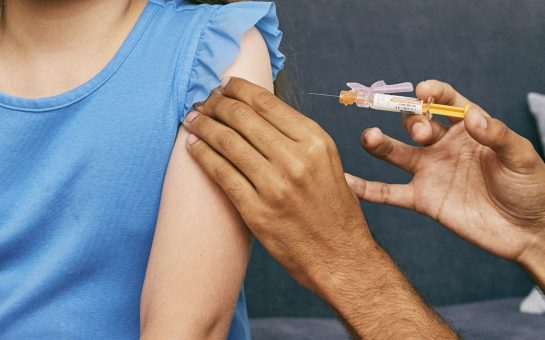Child abuse is causing a ‘disturbing’ amount of suffering across Manchester and the focus should be prevention not intervention, claims the NSPCC.
NSPCC-launched How Safe Are Our Children shows 520,000 children in the UK were maltreated by their parent or guardian in 2011 and 58,000 were on child protection plans or registers.
There were 3,561 children on protection plans across Greater Manchester in 2011/12 and NSPCC regional head of service Bernadette Oxley said there is cooperation with other services in the area.
“Abuse and maltreatment can have a devastating effect on a child’s mental and physical health so it is important these children have access to the support they need to overcome their experiences,” she said.
“But child protection services are already working to meet high demands, so we must prevent abuse from happening to so many children in the first place.
“By identifying and supporting vulnerable children and their families early we can stop abuse before it starts and set a new course to give children a brighter, happier future.”
Action for Children head of campaigns and public affairs Matt Downie said the organisation welcomes the NSPCC’s call to shift focus to the prevention of child abuse and neglect.
“Our research shows it’s vital to provide vulnerable children and families with appropriate support at an early stage, yet recently there have been missed opportunities to provide effective and efficient early help,” he said.
The campaign group said changes are required to the coalition government’s funding system to aid local services, which are flexible in delivering urgent and early intervention.
The NSPCC estimates an additional cost between £360million and £490million is required to support only a quarter of children without protection plans or registers.
Family SMILES is a preventative service offered by the NSPCC in Manchester and aims to assist mentally-ill parents and children in talking more openly about problems.
Practitioners educate groups of children about mental health with fun activities including a myth buster game to dispel distorted thoughts such as guilt and blame.
Parents focus on parenting skills, their relationship with their child and the creation of a safety plan to ensure their son or daughter is cared for if they suffer a relapse.
NSPCC children’s services practitioner in Manchester Jacqueline Jackson said the scheme helps those parents, who may struggle to focus on their child while combatting their own issues.
“Family SMILES enables parents to plan what they’ll do if a crisis situation happens and that means they are far better equipped to prevent problems escalating in a way that could put the child at risk of harm,” she said.
Picture courtesy of MWPhillips75, with thanks.
For more on this story and many others, follow Mancunian Matters on Twitter and Facebook.



